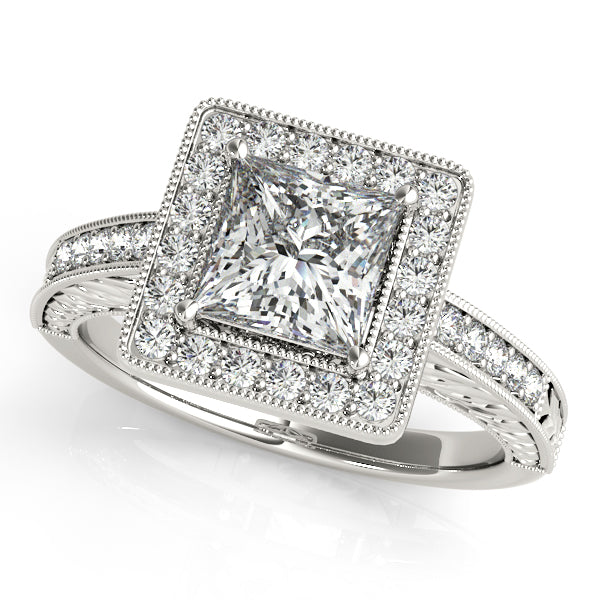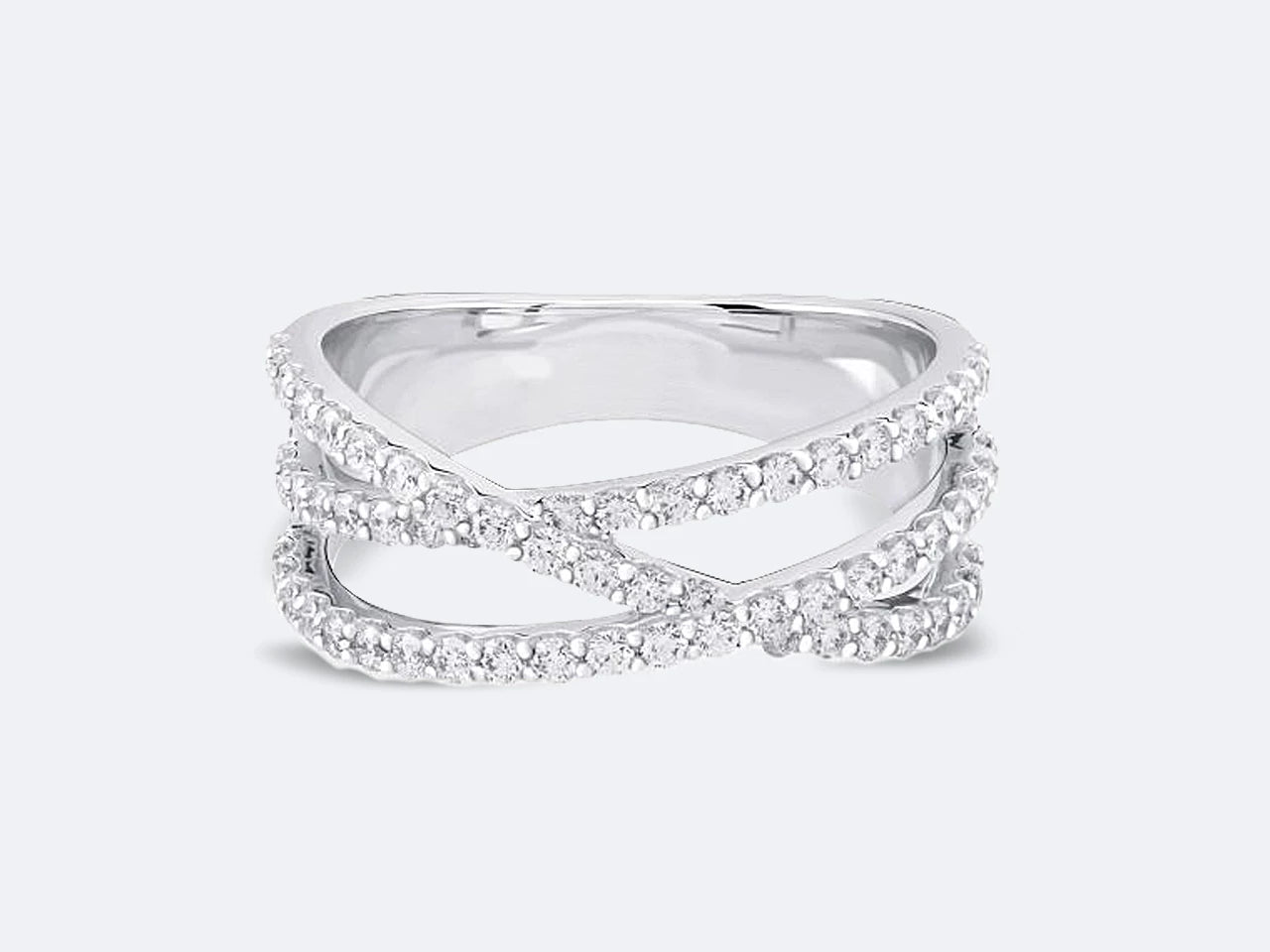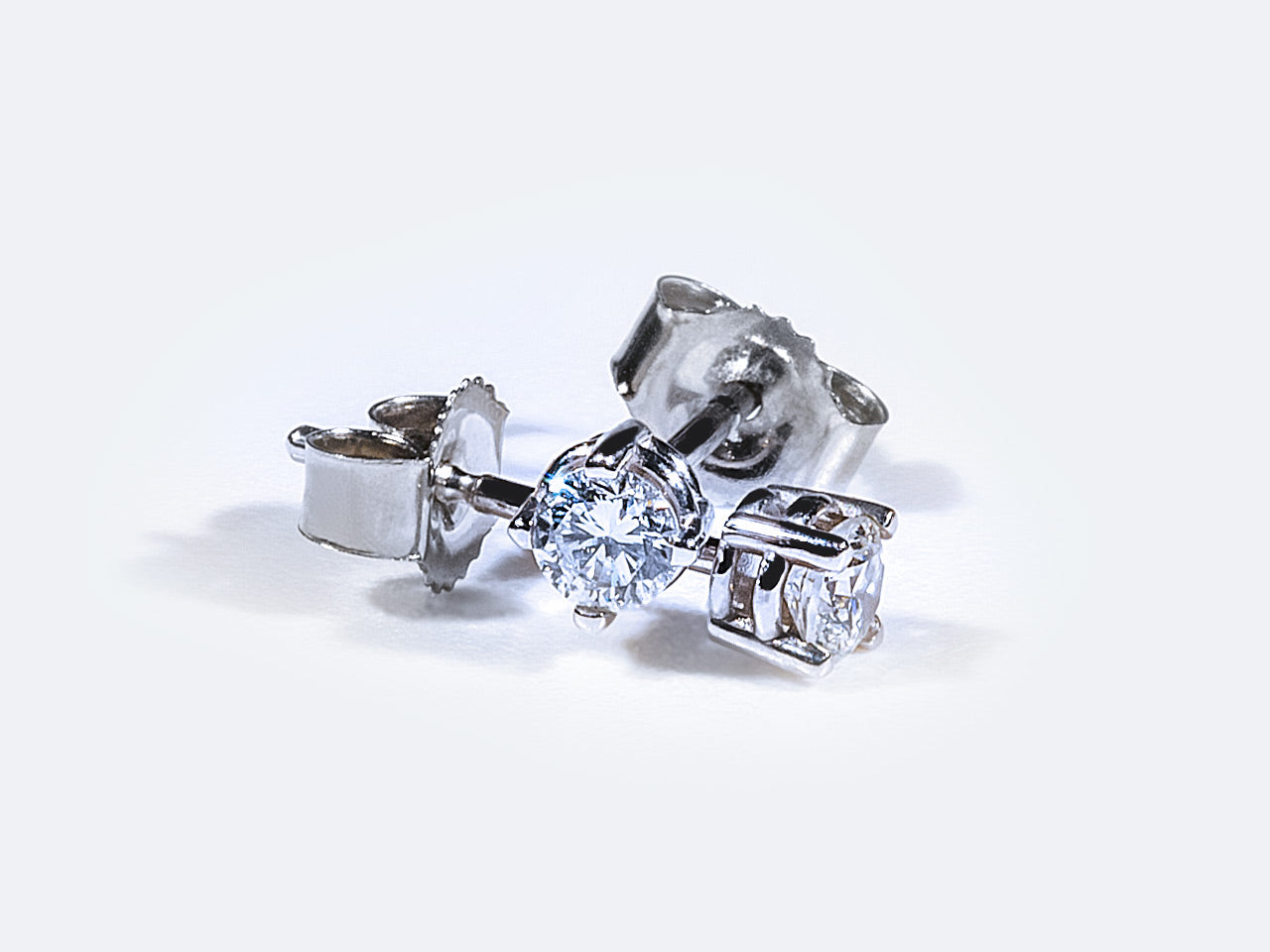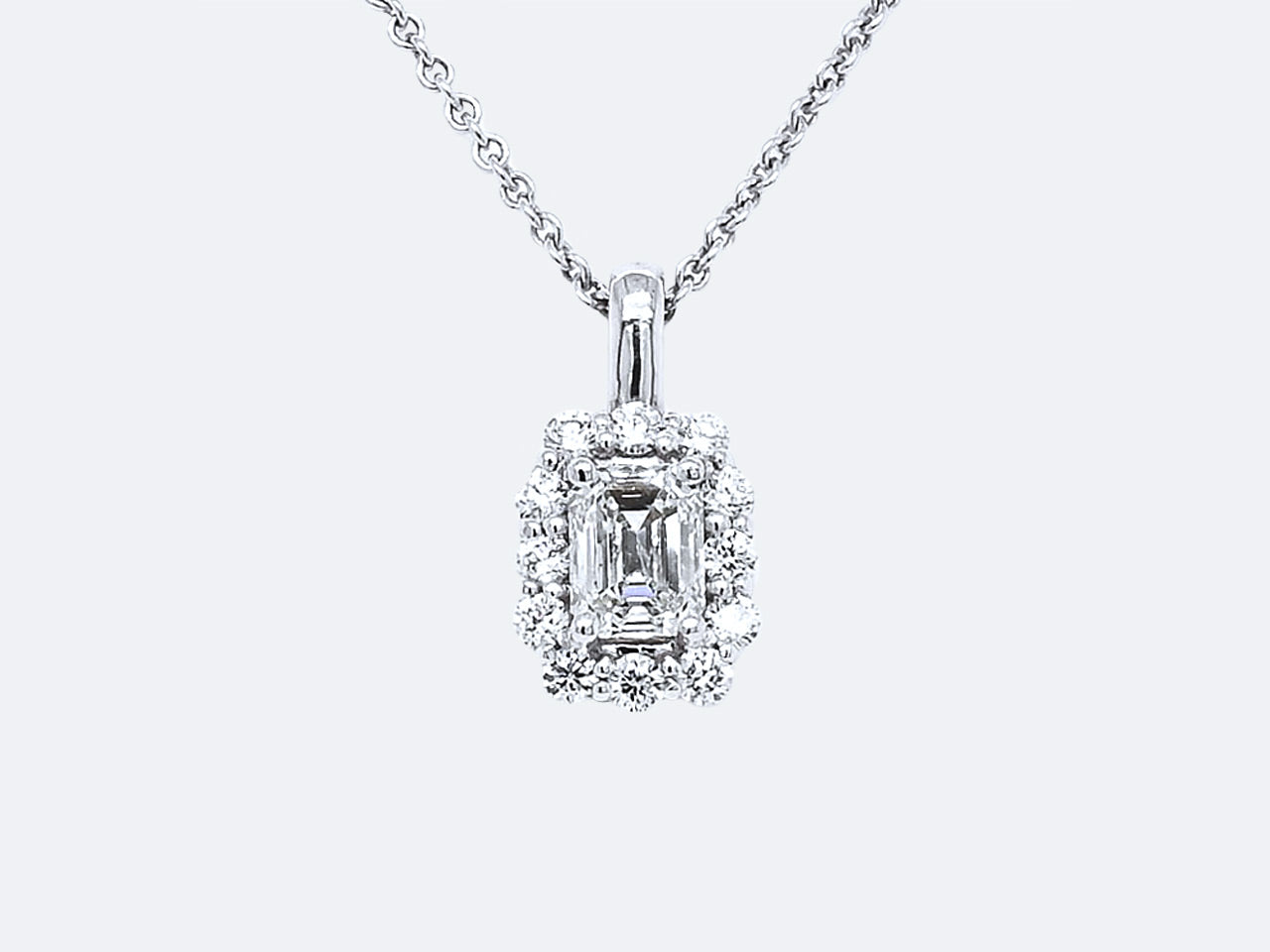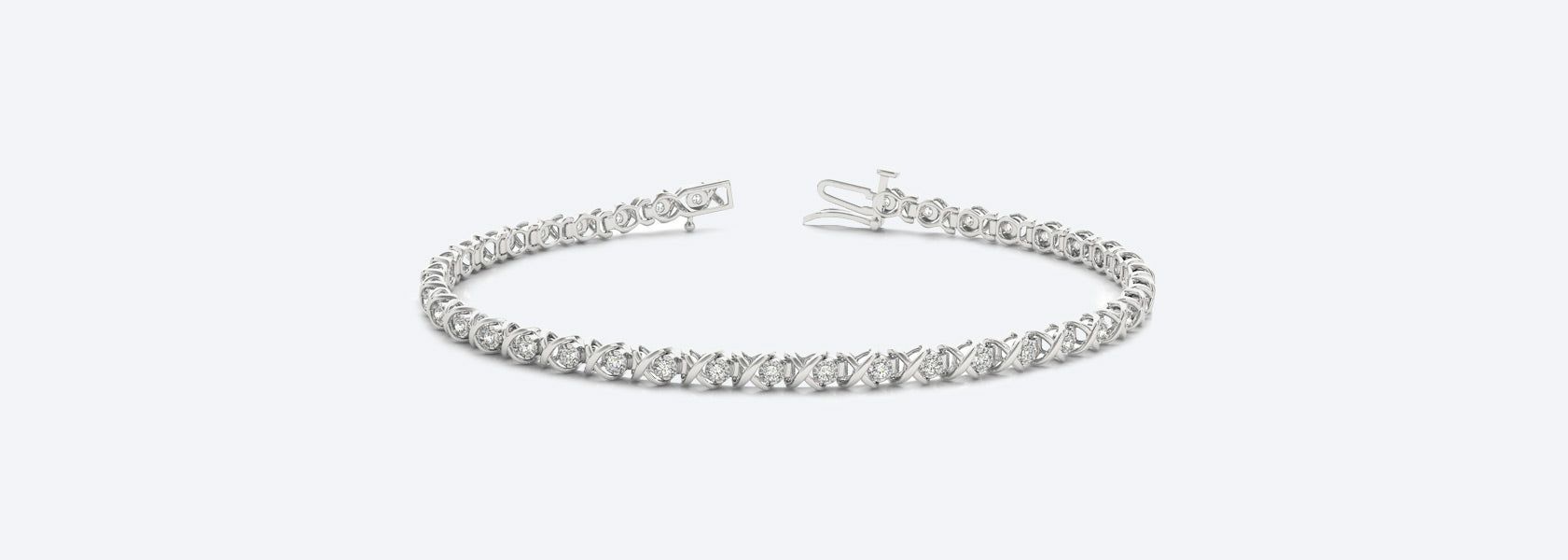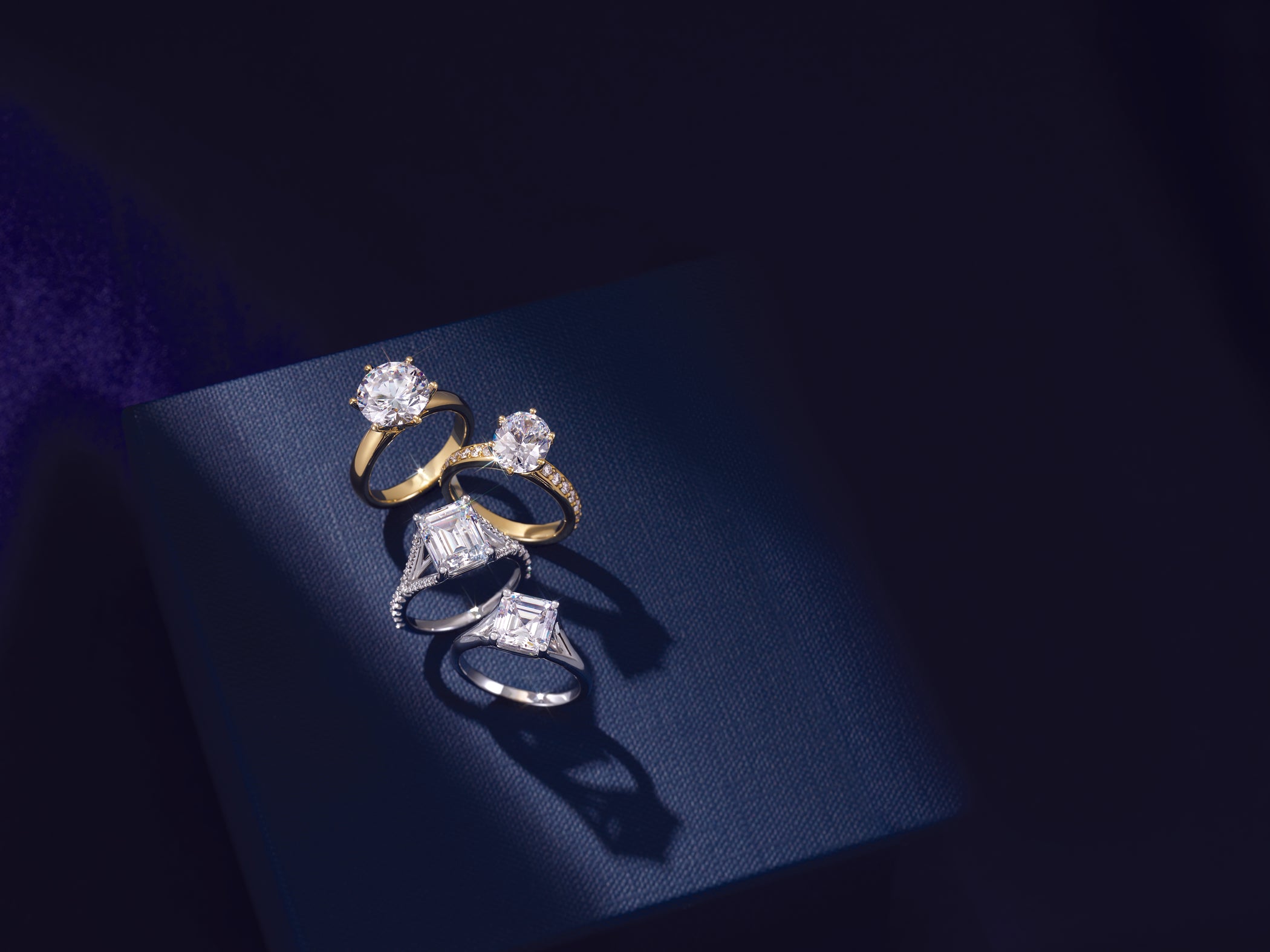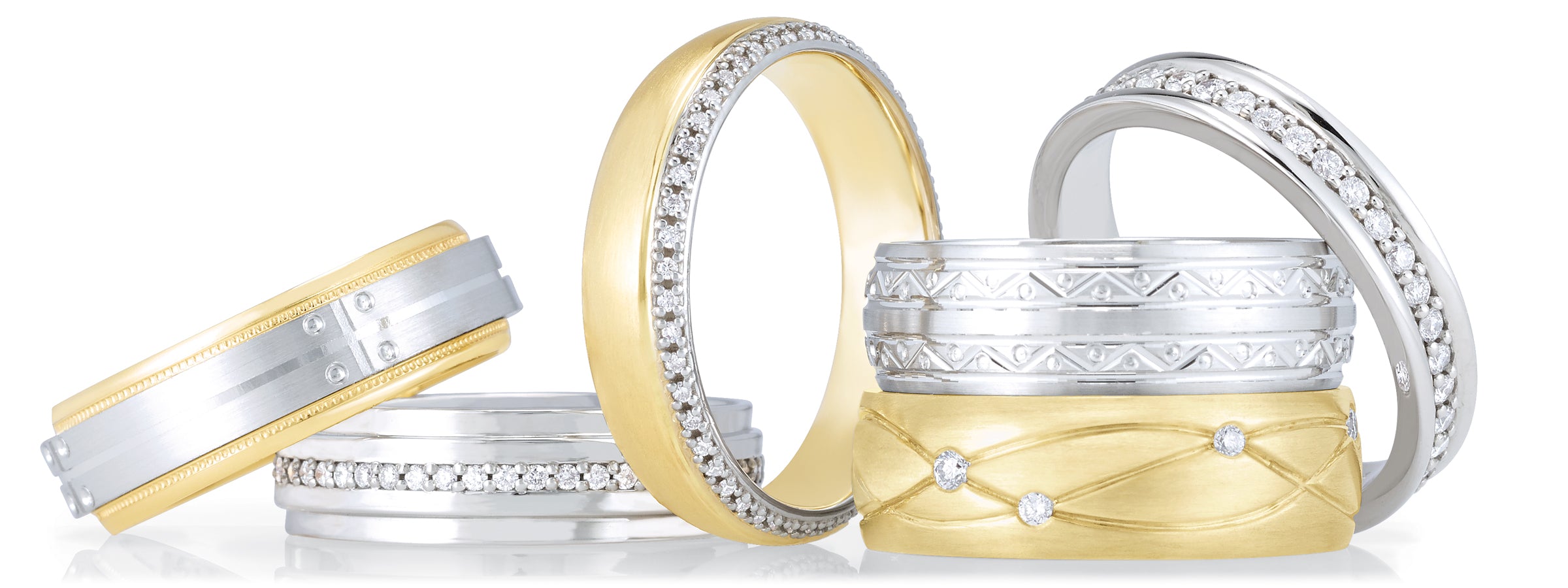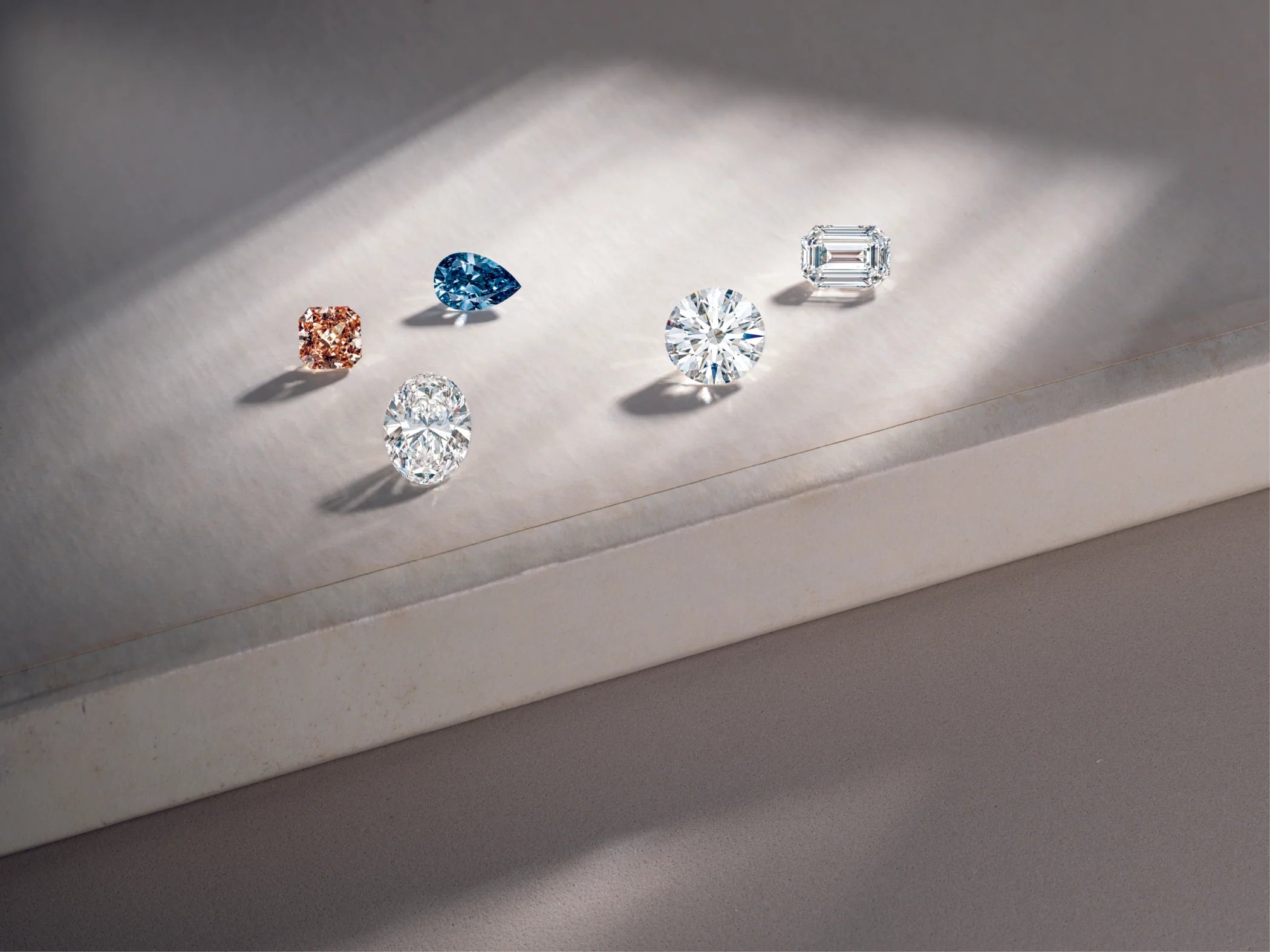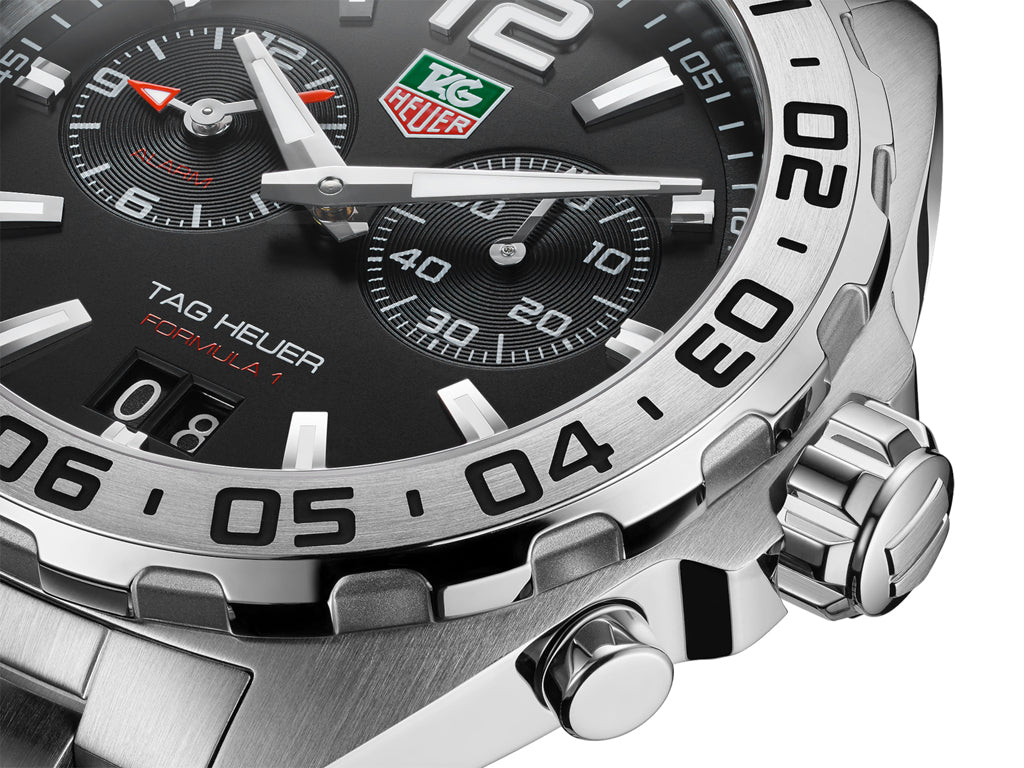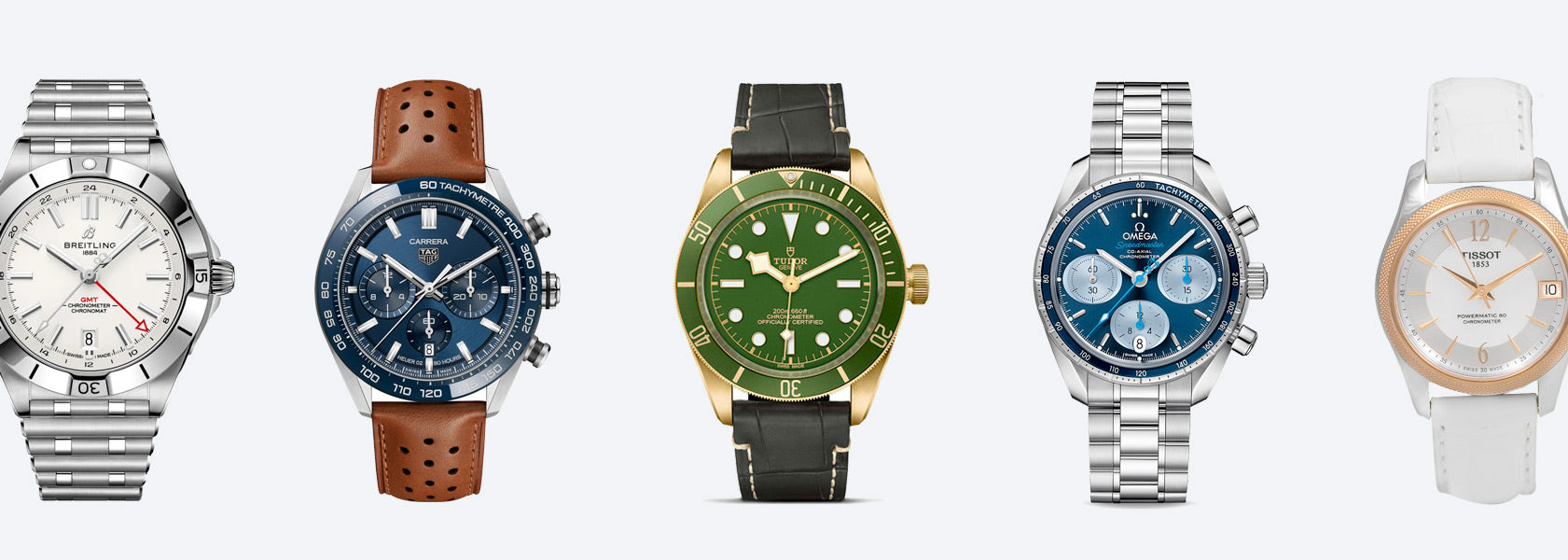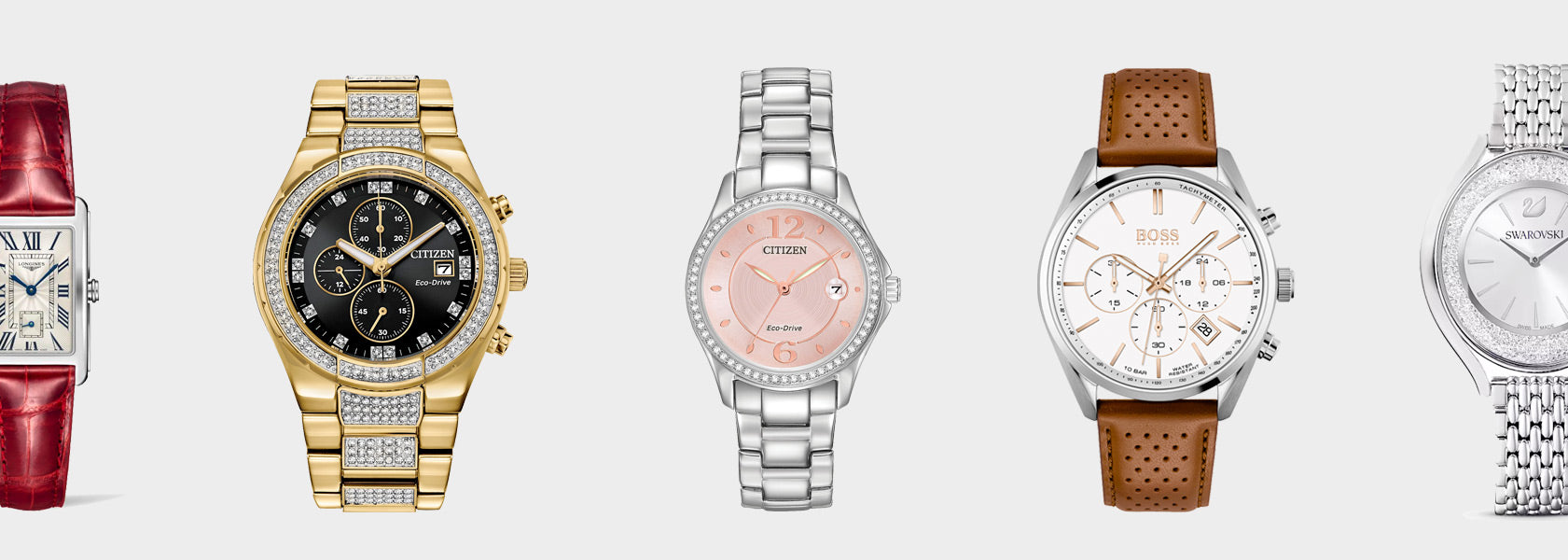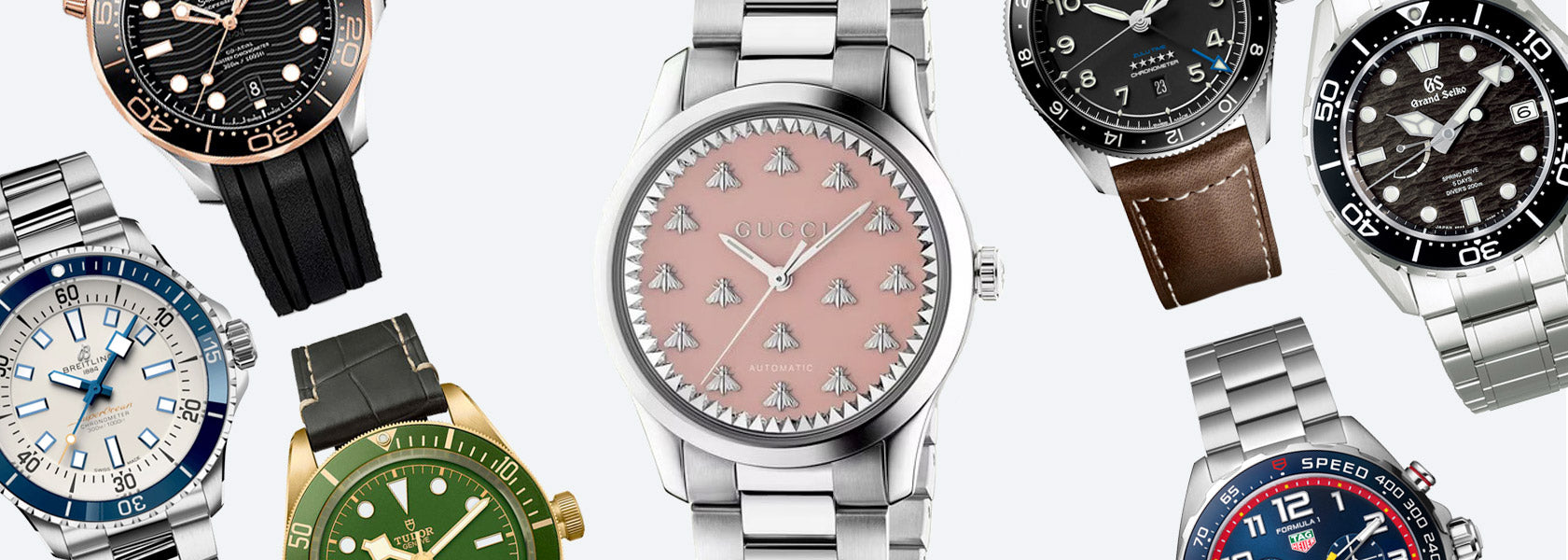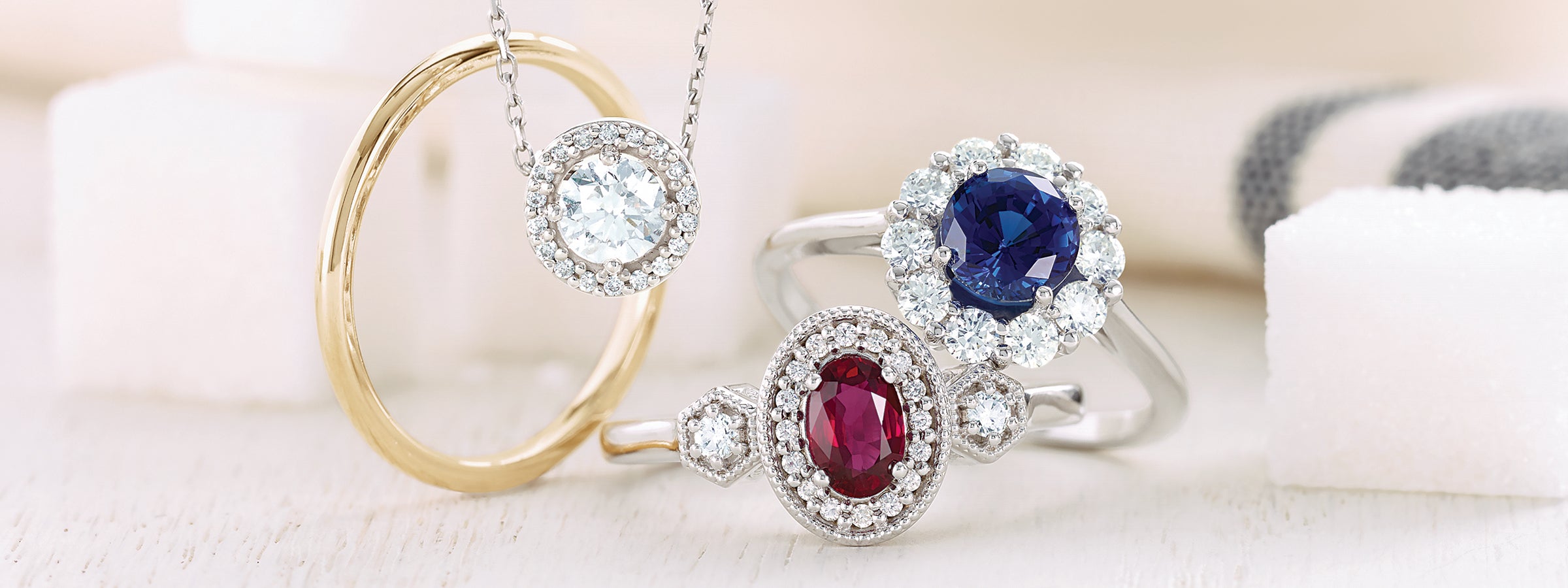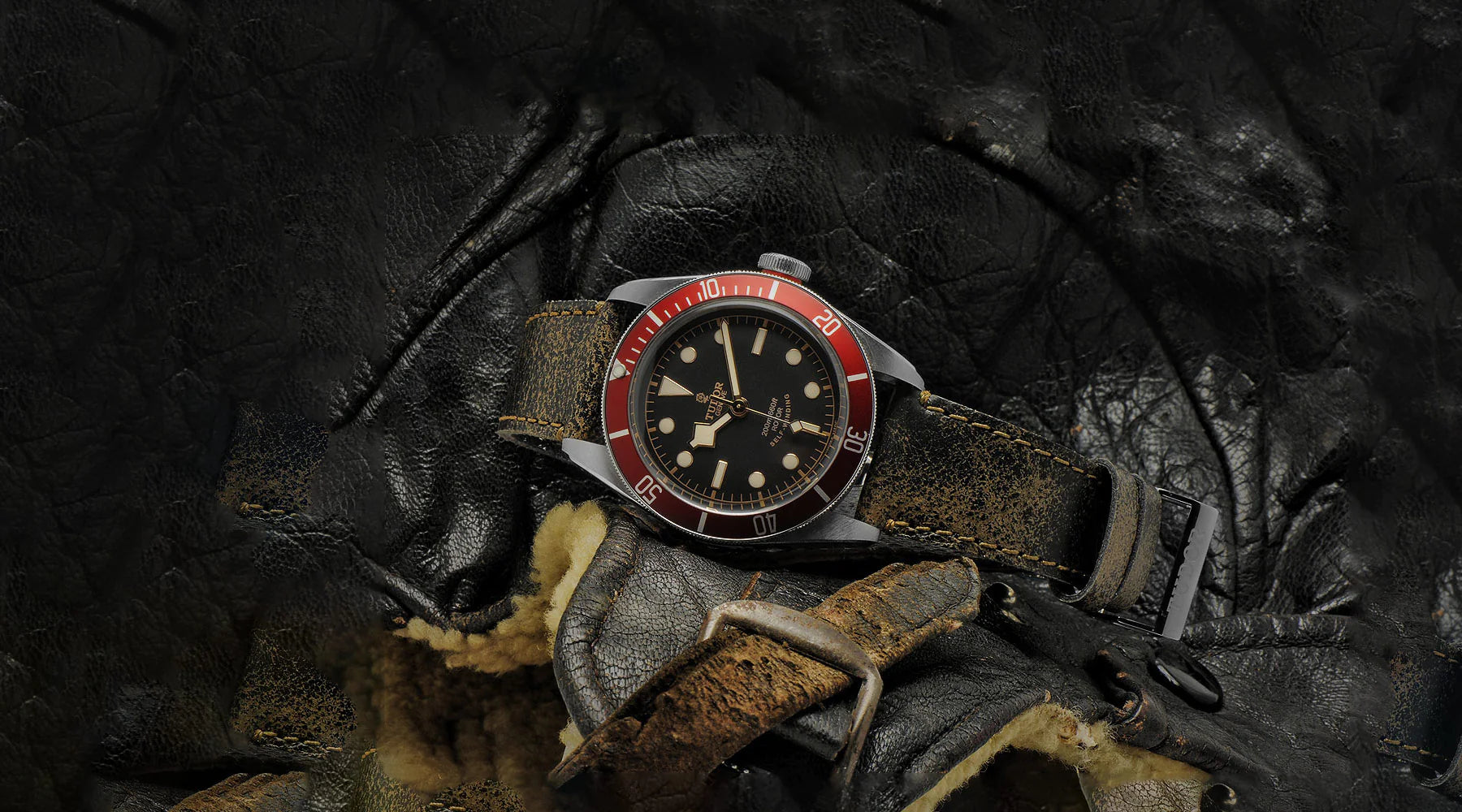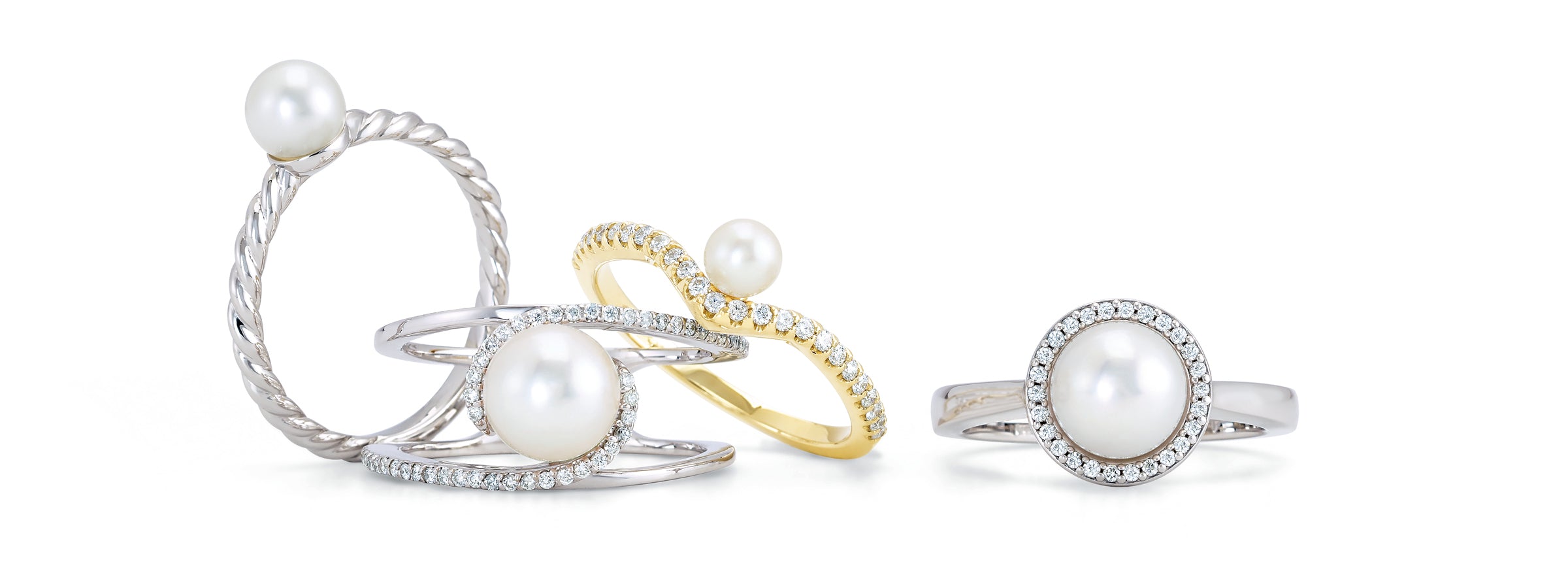Solitaire
Solitaire settings are great if you have a stunning singular stone that has been passed down through the generations as an heirloom, many choose to display it in a classic Solitaire setting. This setting generally allows for the maximum amount of sparkle by allowing light to pass in through the bottom sections of the ring.
∙ Enhances the overall beauty of the ring
∙ Balances the ring size without having to use a wide metal band
∙ Creates the illusion that the center gemstone is larger in size
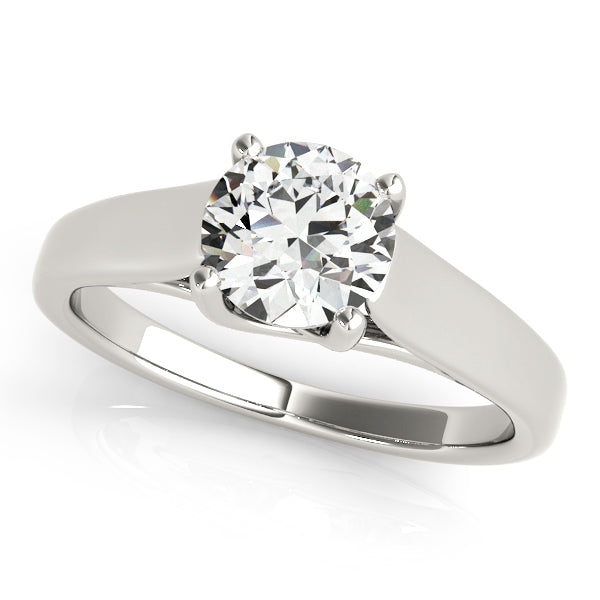
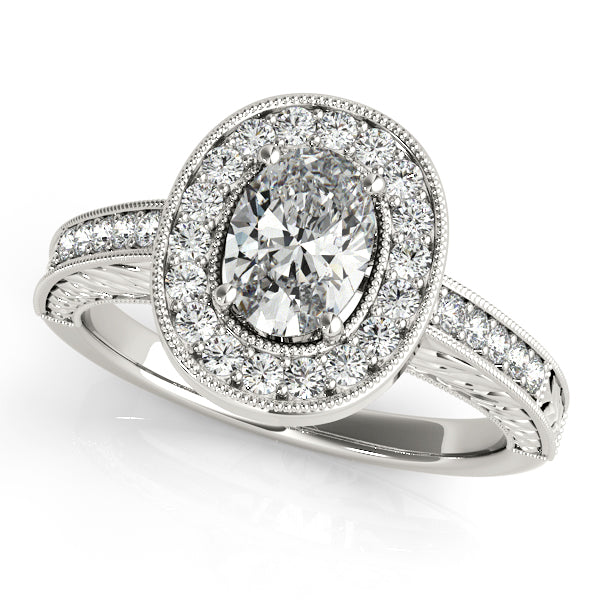
Side-Stone
Side-stone is similar to the Three Stone. Side Stone settings are made up of a main stone and two alternative cuts with a greater difference in hierarchy. Side Stones offer an elegant transition from stone to band and frame the main stone in lovely way.
∙ Interesting transition between stones and band
∙ Allows for the use of Baguette and Square cut side stones
∙ Creates a stunning frame for the center stone
Three Stone
Three-stone settings have grown in popularity recently and contains a gem on either side of the main stone. A differentiating factor from Side-Stone is that the Three Stone tends to be made up of three similarly cut and sized stones.
∙ Allows for a bouquet of different color stones
∙ Values equal size stones with a flat hierarchy
∙ Can synergize a small-medium size stone
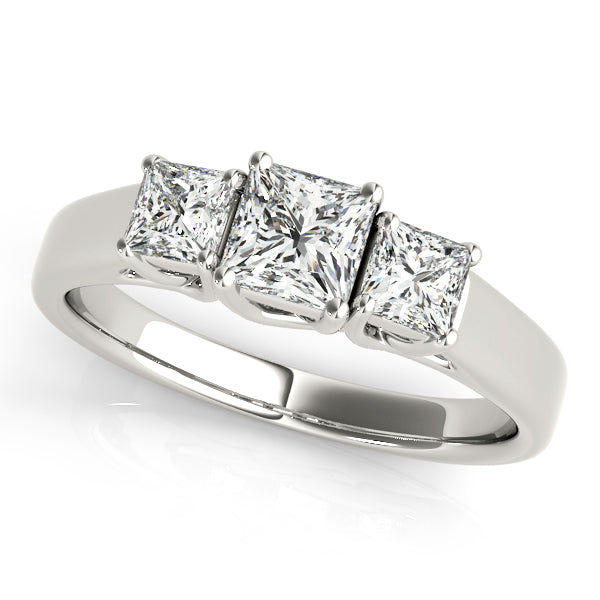
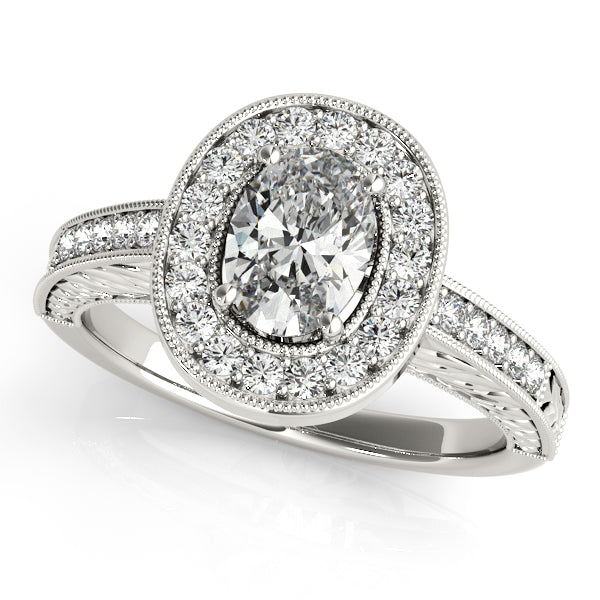
Halo
settings are extremely eye-catching and fashionable collections of stones Halo surrounding the center stone. The surrounding stones tend to be between .05 and .25c and is a more affordable way to accomplish that eye catching couture look you’ve always wanted!
∙ Can cover imperfections in the center stone
∙ Creates the illusion that the center stone is large
∙ Lots of sparkle!
Pave
Pave settings are on the rise in popularity. The Pave setting contains inlaid .05 to .2c stones either partially or entirely along the band of the ring itself. Pairing the metal type of your band with a magnificent collection of stones really completes a ring and helps it sparkle from all angles!
∙ Utilizes smaller stones in a great way
∙ Adds interest to the band of the ring
∙ Helps mask imperfections in the center stone
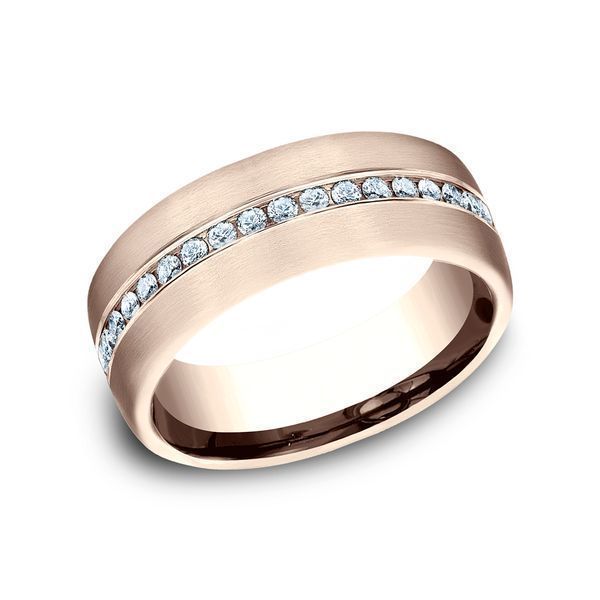
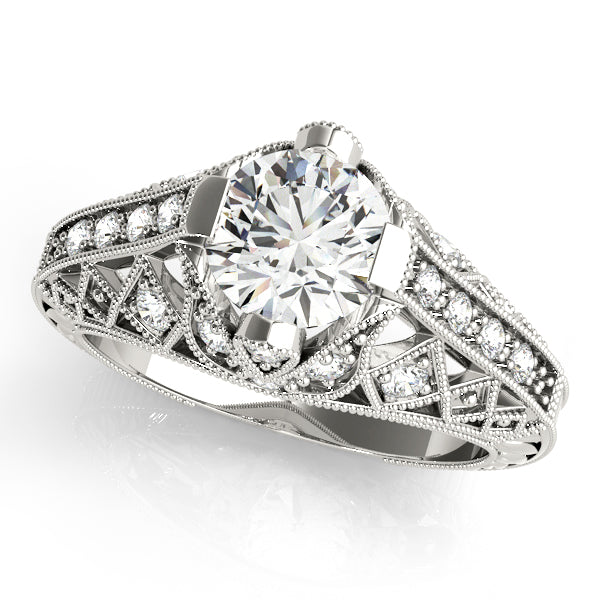
Antique
Antique settings are a tribute to the days of yore, when the bands of rings were “antiqued” with small grooves on the side. Traditionally these bands were more utilitarian and really allowed the stone to be the centerpiece, which is why they remain popular even today.
∙ Adds interest to the band of the ring
∙ Great addition to any dressed up outfit
∙ Vintage, classy feel
Single Row
Single Row settings seem similar at first glance, but on closer inspection, a keen eye will notice the bands include stones that are contained inside of the band by a groove that holds them in place. This allows the stones to peak through the band and really transform the feel of the ring.
∙ Adds interest to the band of the ring
∙ Creates a frame for your center stone
∙ Classic look
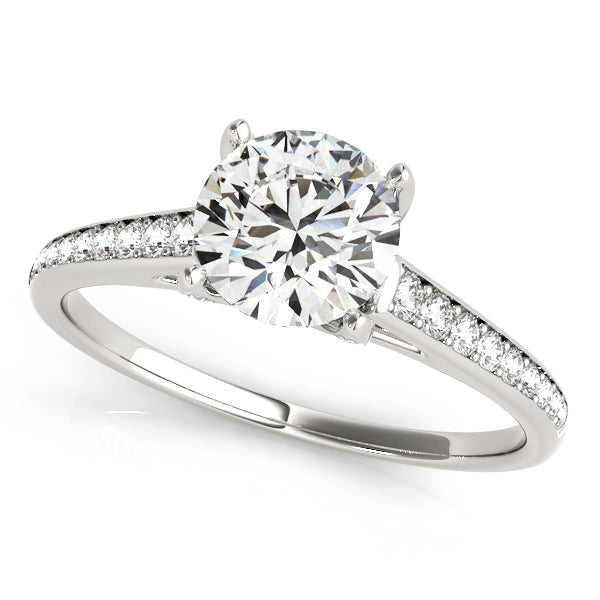
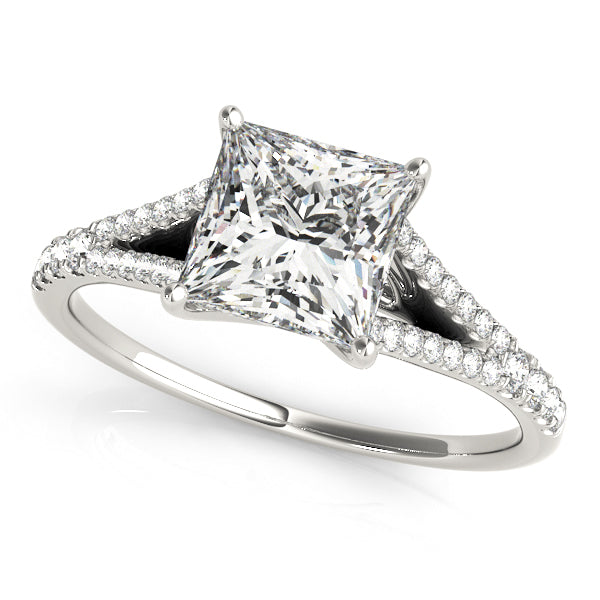
Multi Row
Multi Row also known as “Split Shank” settings are an innovative and unique band form that takes the traditional ring and turns it on its head by forking off and encapsulating the stone it is accompanied by. These settings can be formed to be less raised than other traditional settings, which can be a huge benefit if you find having a raised stone on a band distracting.
∙Allows for a lot of light to penetrate stone
∙Adds interest beyond just the stone
∙Creates the illusion that the center gemstone is larger in size
Bypass
Bypass also known as “Free Form” is a classification given to settings that do not fall into any other category. These can be one off bespoke settings that wrap around the stone, twist and elevate the stone up, or are a braiding, wrapping, or coiling of one or more metals.
∙ A more artistic look
∙Eye catching, head turning
∙ Can utilize smaller or imperfect stones
